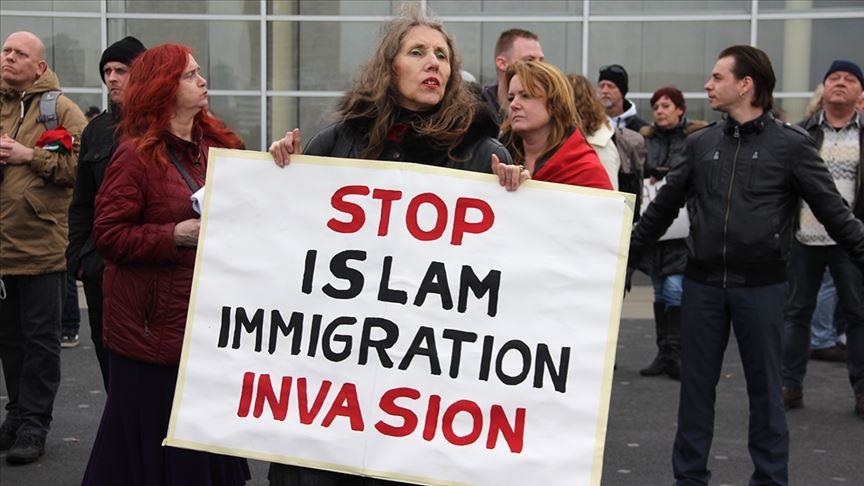With the influx of immigrants entering Europe in recent years, there has been an increase in anti-Muslim sentiment, often referred to as Islamophobia. Numerous negative effects, like as hate crimes, discrimination, and political tensions, have been brought on by the growth of Islamophobia in Europe. The fundamental reasons of the problem must be addressed, and tolerant and inclusive policies must be promoted, if European governments are to stop this spike in anti-Muslim prejudice. Along with offering education and job training, this entails expanding the economic options for refugees and immigrants. Additionally, it entails combating hate speech and encouraging a more accepting and inclusive community. Last but not least, it entails resisting those who want to exploit the fear of terrorism as justification for their xenophobic and anti-immigrant policies.

The conflict in Syria, as well as instability in other parts of the Middle East and North Africa, has resulted in a large number of refugees seeking safety and security in Europe. This has led to an increase in anti-immigrant rhetoric in many countries, with some politicians and members of the public calling for stricter immigration policies and targeting refugees as potential criminals and terrorists. The involvement of governments and other public institutions is also important. To preserve Muslim rights and to ensure that hate crimes are vigorously punished, legislation must be put in place. Additionally, they must make sure that everyone, regardless of race or religious affiliation, has access to all public facilities and services. The increasing tide of Islamophobia in Europe can only be stemmed after that. The main cause of Islamophobia in Europe is a lack of understanding and knowledge about the religion and culture of Muslims. This is exacerbated by media reporting which often portrays Muslims in a negative light. Additionally, the presence of extremist groups such as Daesh and Al-Qaeda has led to a negative perception of all Muslims. In order to address this issue, there needs to be a concerted effort to counter prejudice and promote understanding. Education is essential, both in terms of teaching people about the true nature of Islam and helping them to understand the diversity within the Muslim communities in Europe. Interfaith dialogue and initiatives are important, as are programs which aim to promote social cohesion and mutual understanding.
Finally, it is crucial that everyone, regardless of religion, collaborates to combat Islamophobia. We must all speak out against racism and intolerance as well as dispel false preconceptions. We must appreciate the excellent contributions that Muslims make to our society and acknowledge the variety that exists within the Muslim community. Then and only then will we be able to effectively dispel the suspicion and anxiety that have formed around the Muslim population in Europe.

Research Associate, Pakistan House



